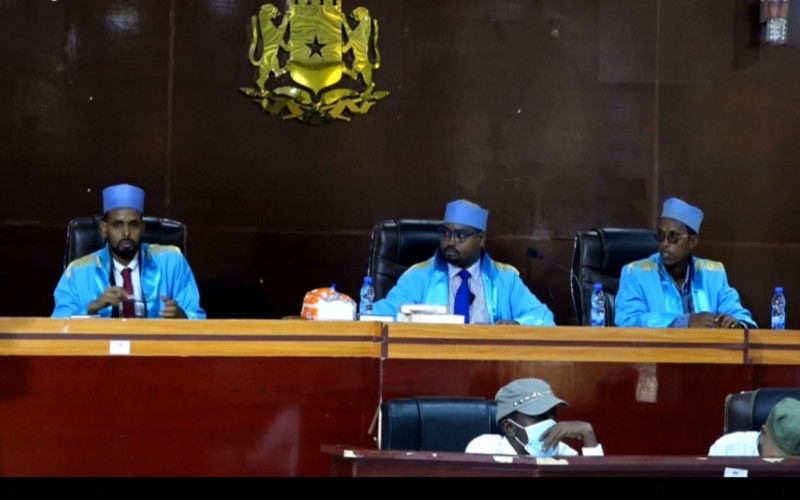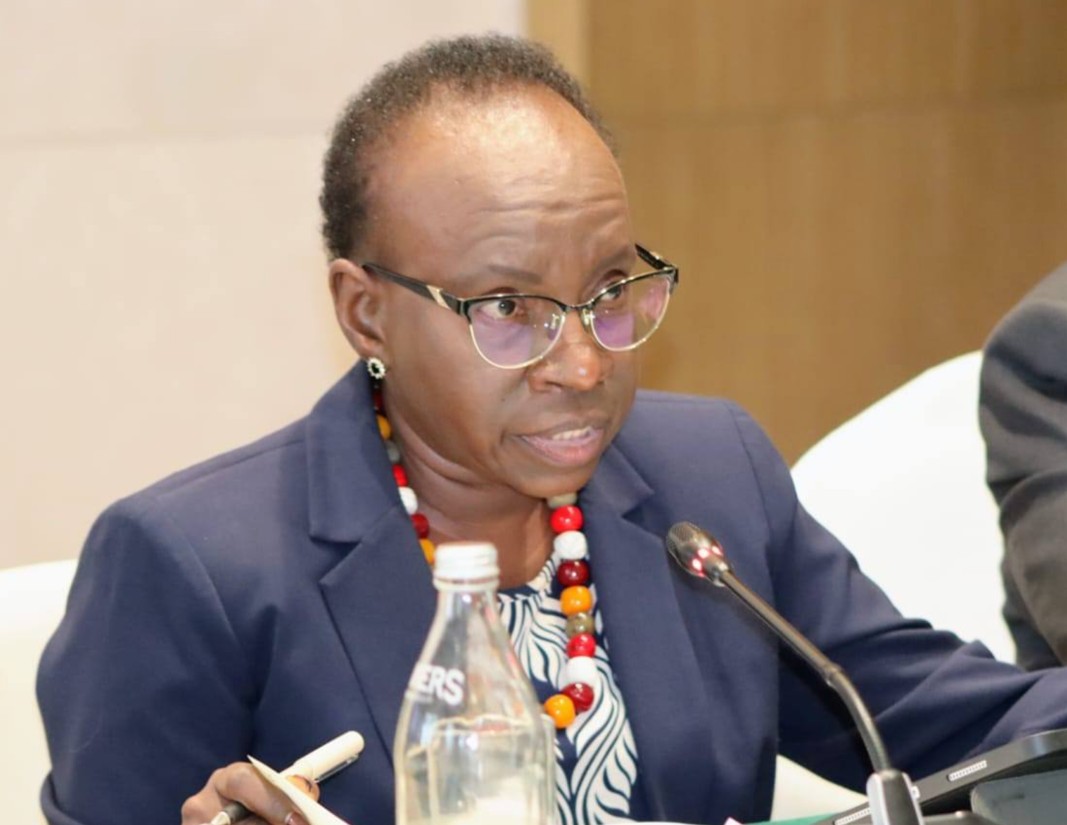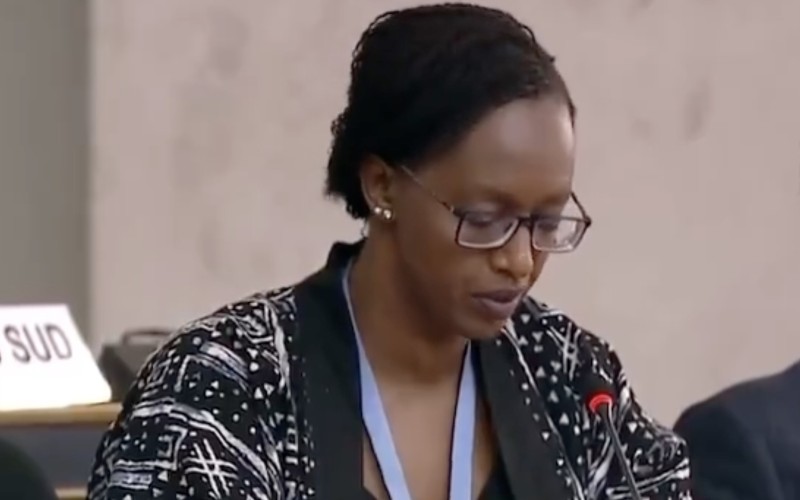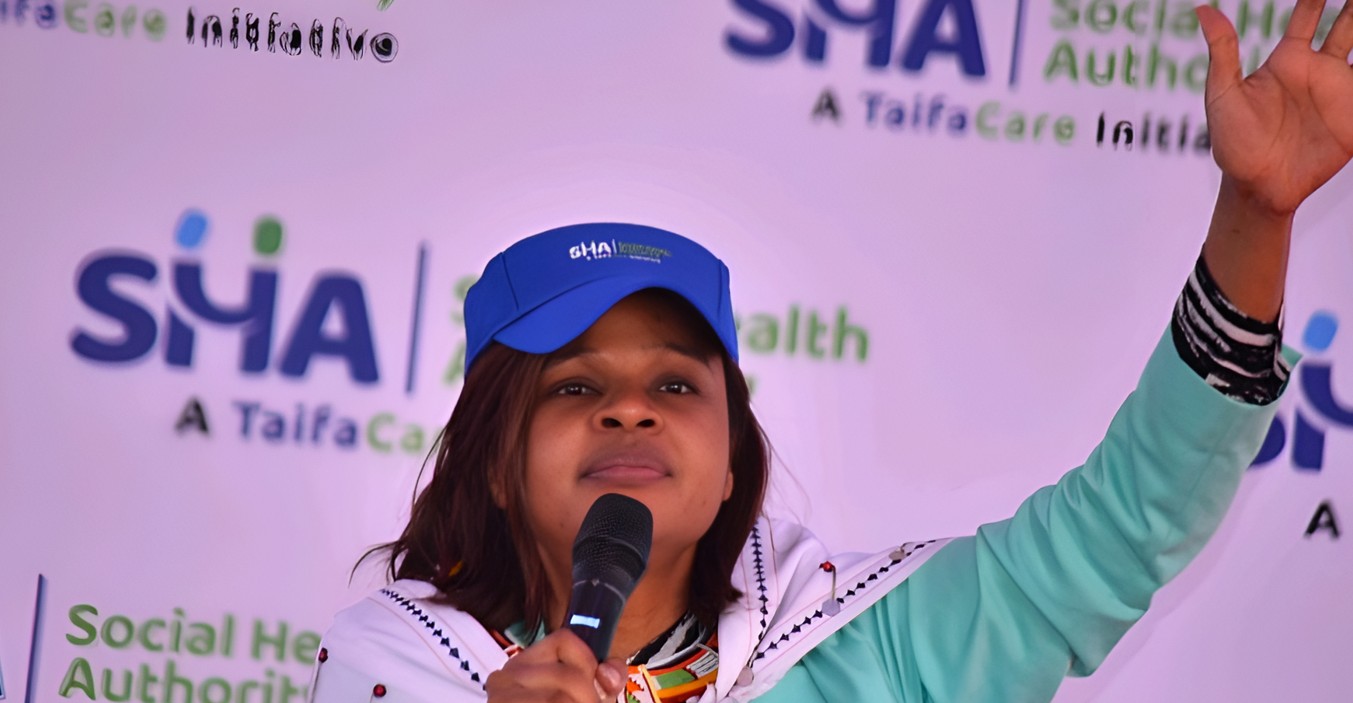Rights group sounds alarm over surge of gender-based violence on digital platforms

The coalition explains TFGBV as any harmful act committed, worsened, or amplified through online channels such as social media, messaging apps, or other digital platforms.
A human rights group has raised concern over the rising threat of gender-based violence carried out through digital platforms, urging authorities to respond as seriously as they would to physical abuse.
In a policy paper released this week, the Defenders Coalition highlighted what it describes as a growing but often overlooked danger to human rights: technology-facilitated gender-based violence (TFGBV).
More To Read
- Rights groups demand KNCHR to take charge of compensation plan for protest victims
- Kwale moves to operationalise GBV Act with new policy framework
- ‘The Wild West’: Desperation is rampant in Haiti as gangs, vigilantes spread
- US report raises alarm over deterioration of human rights in Kenya
- Defenders Coalition unveils Mtetezi App for monitoring of rights abuses
- CS Murkomen raises alarm over rising gender-based violence in Rift Valley
The organisation said this form of abuse, which disproportionately targets women and gender minorities, is widespread and causes serious harm, calling for strong legal, policy, and social interventions.
The coalition explains TFGBV as any harmful act committed, worsened, or amplified through online channels such as social media, messaging apps, or other digital platforms.
These acts include harassment, threats, cyberstalking, doxxing, and sharing intimate images without consent, often directed at individuals based on their gender.
According to the group, online abuse is not simply personal, it represents a barrier that stops women from fully engaging in digital spaces.
It warns that such violence limits freedom of speech, silences important voices, and deepens inequality, while causing real and long-lasting effects on mental health, personal safety, and livelihoods.
The paper urges police and courts to treat online abuse with the same seriousness and urgency as physical violence.
It noted that current laws often fail to fully address the unique challenges posed by digital harassment, leaving survivors with limited options for justice.
The coalition recommends gender-sensitive legislation that ensures accountability for offenders, along with judicial systems that prioritise support and redress for victims.
The organisation also stressed the need for accessible mental health and psychosocial services, noting that many survivors suffer quietly due to stigma or lack of knowledge about available resources.
Public awareness and community education were highlighted as essential tools to prevent and tackle online gender violence.
Central to any solution, the coalition said, is the involvement of those most affected. Women, girls, and gender minorities must have a voice in shaping policies and strategies aimed at creating safer digital spaces.
The group also called for an intersectional approach, recognising that online violence is experienced differently depending on a person’s race, class, disability, or sexual orientation. Without this perspective, interventions risk being incomplete or ineffective.
The coalition also emphasised that digital spaces, like physical public areas, must uphold safety, dignity, and equality for all users.
Top Stories Today











































